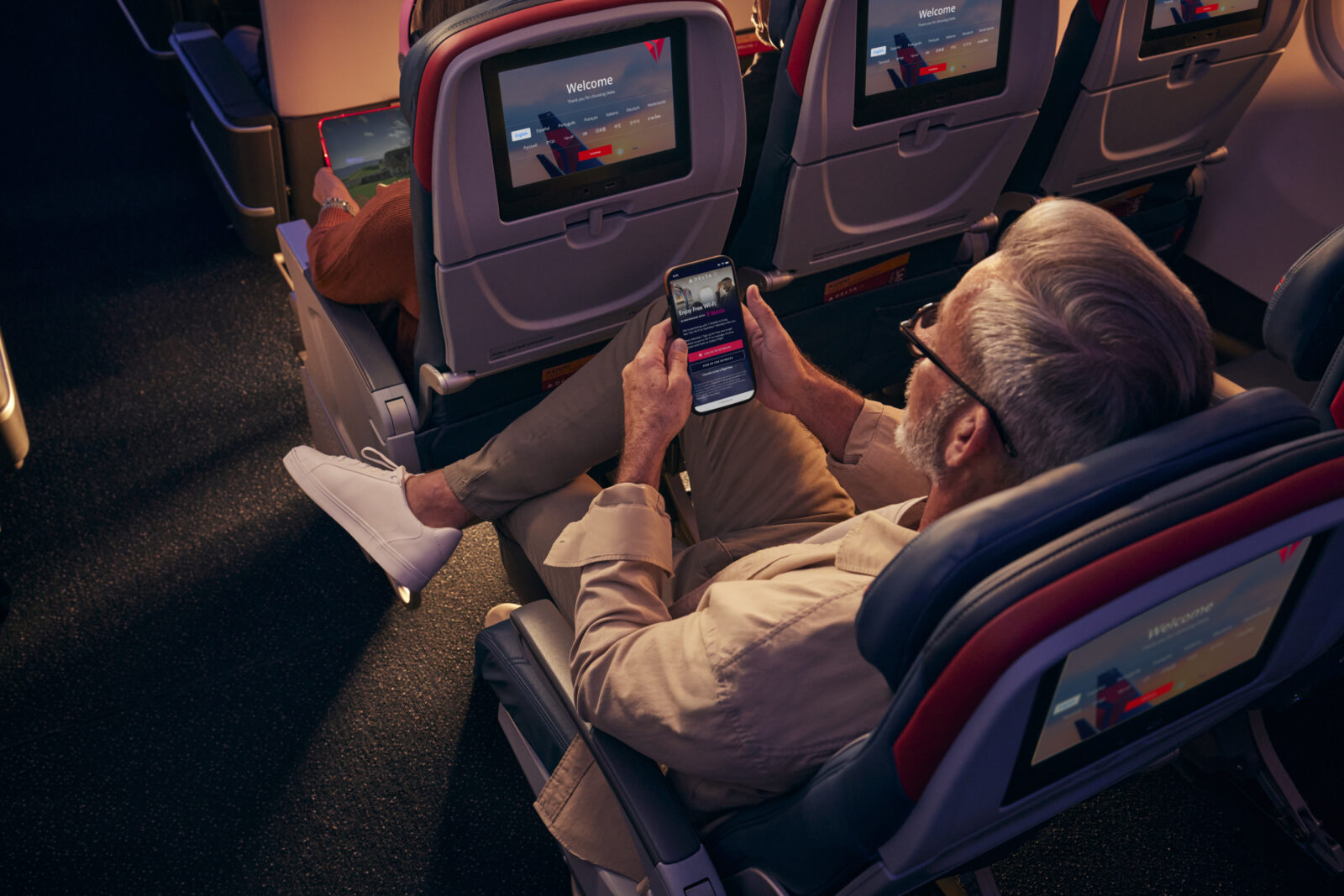What To Expect If CBP Inspects Your Electronic Devices at the Airport?
Yes, U.S. border agents have the right to search your electronic devices, but your own rights depend on your immigration status
by Fergus Cole
March 27, 2025
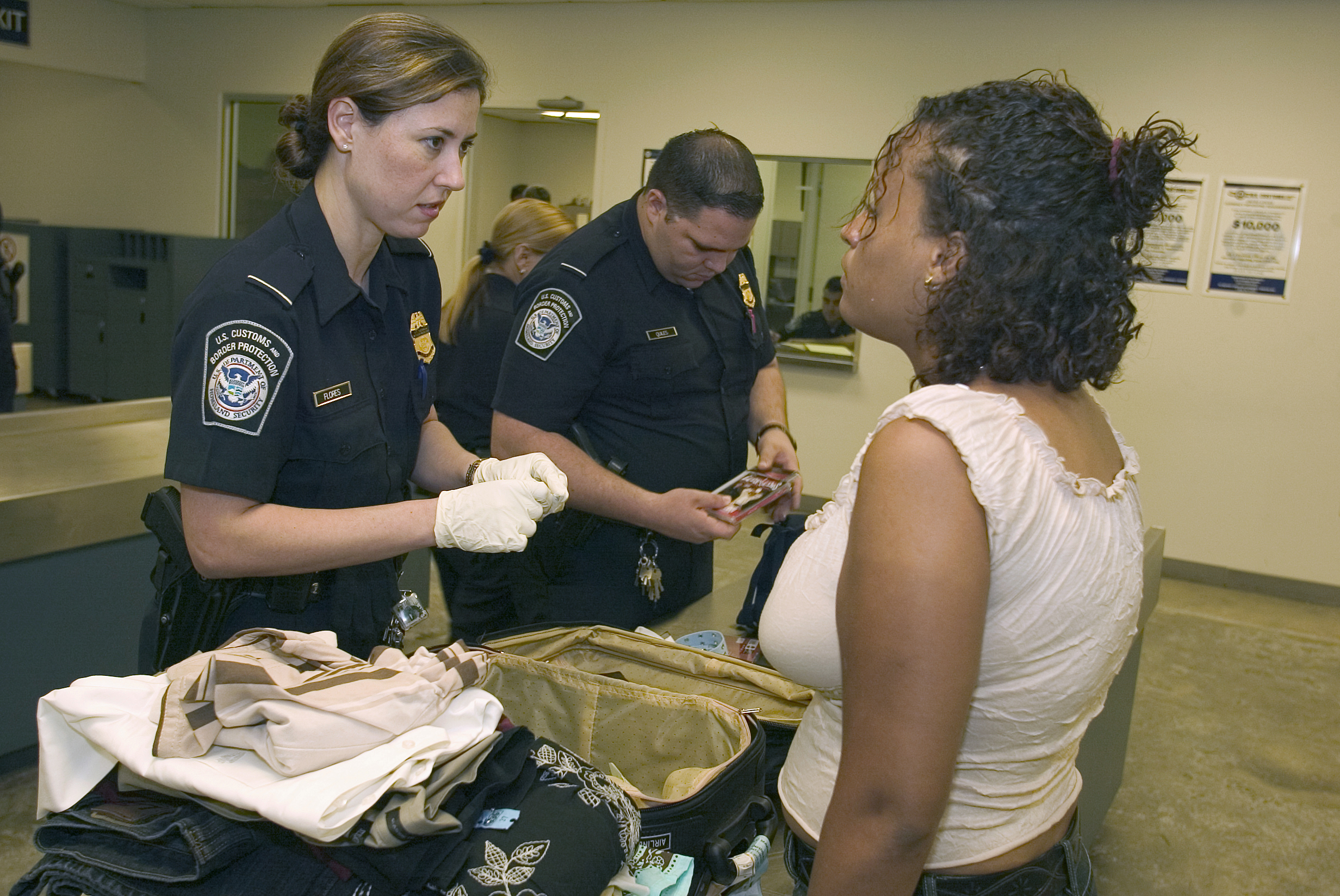
Photo: A CBP officer checks a passenger's luggage and documents. Courtesy of CBP
Amid a number of concerning reports about travelers being detained, questioned, their electronic devices searched, and even denied entry when traveling into the United States, you may be wondering what your rights are.
A few high-profile cases of legal immigrants and tourists facing difficulties with U.S. Customs and Border Protection (CBP) agents have hit the headlines in recent weeks. From a doctor being deported to Lebanon for reportedly having photos of Hezbollah leaders on her phone to a French scientist who was refused entry for supposedly having messages criticizing President Trump’s cuts to research programs, there is growing concern that customs officers are abusing their power when it comes to searching people’s personal property.
Noor Zafar, a senior staff attorney with the American Civil Liberties Union’s Immigrants’ Rights Project, told The Washington Post: “The stories are definitely concerning. I think we’re just in a period of more aggressive policies being implemented at the border. And I think that requires people to take extra precautionary measures.”
What are your rights?
If asked to hand over your electronic device, such as your laptop, mobile phone, or tablet, when entering the U.S., you may feel inclined to refuse. However, according to CBP, customs officers do withhold the right to do so, although your exact rights depend on your legal immigration status.
If you’re a U.S. citizen, then customs officers can’t deny you entry into the country, while lawful permanent residents can’t have their green cards revoked before a ruling by an immigration judge.
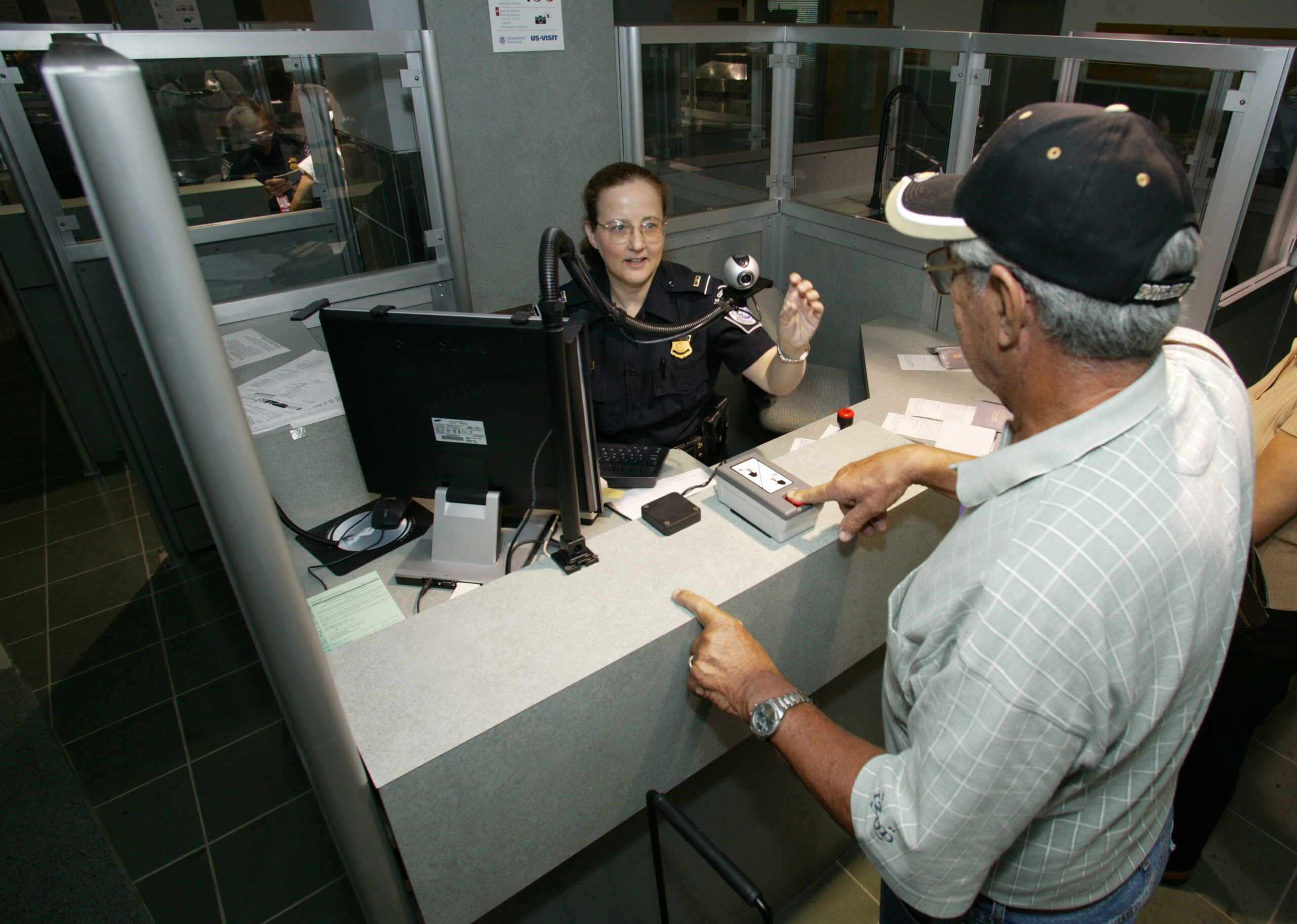
Photo: Courtesy of CBP
However, foreign visitors and visa holders can be denied entry based on the judgment of CBP officials, so refusing to hand over their phone, if asked to do so, could result in them being detained and sent back home.
But even if you’re a U.S. citizen, it’s still wise to comply with CBP demands and hand over your devices when asked to do so, as refusal to cooperate could result in your devices being confiscated for an extended period (up to five days or longer due to extenuating circumstances).
CBP agents also don’t need a warrant to search your devices. Despite a 2014 Supreme Court ruling that warrantless searches of mobile phones violated the Fourth Amendment, this does not apply at border crossings. And CBP passport control at the airport is considered a border crossing.
How common are searches?
According to the CBP website, they rarely conduct electronic device searches when people enter the country, claiming that “less than 0.01 percent of arriving international travelers encountered by CBP at a port of entry had their electronic devices searched” in 2024.
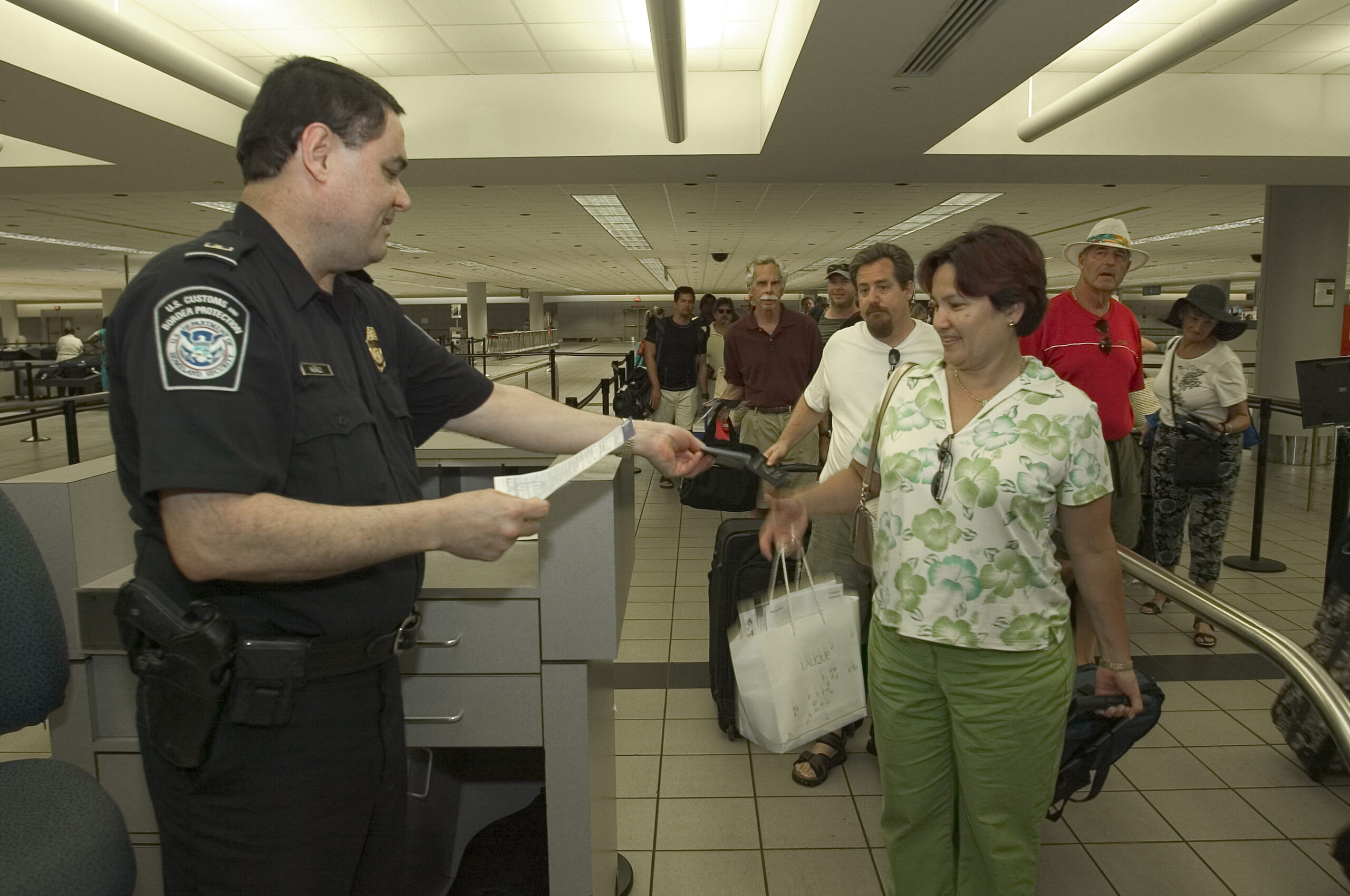
Photo: A CBP officer checks a passenger’s documentation after arriving in the U.S. Courtesy of CBP
However, the Trump Administration has only recently begun its crackdown on illegal immigration, potentially empowering CBP officers to conduct more thorough searches more often than it did previously.
Susan Heubel, senior counsel at immigration law firm Harter Secrest & Emery LLP, said: “I travel a lot, I have clients who travel a lot, of all sorts of nationalities and visa statuses, and nobody has ever complained about these searches until now.”
Why are searches carried out?
Essentially, CBP officials have the right to search your phone and other electronic devices, regardless of nationality, to protect national security. The power of admitting entry to the U.S. ultimately rests with border agents, who can refuse entry due to suspicions of terrorism or other serious crimes.
“Any traveler entering the U.S. is subject to CBP inspection,“ said Hilton Beckham, Assistant Commissioner at CBP, told USA Today. “CBP follows strict policies and directives when it comes to searching electronic media.”

Photo: Courtesy of CBP
According to Beckham, these searches “are rare, highly regulated, and have been used in identifying and combating serious crimes, including terrorism, smuggling, human trafficking, and visa fraud. Any claims of politically motivated searches are completely unfounded.”
What to expect?
According to the CBP website, border agents are permitted to conduct two types of searches: basic and advanced.
A basic search involves an officer seizing your device and manually inspecting its contents. According to Saira Hussain, a senior staff attorney at the Electronic Frontier Foundation (EFF), agents are required to put your device in airplane mode during this search. This means they can only access information that is available offline.
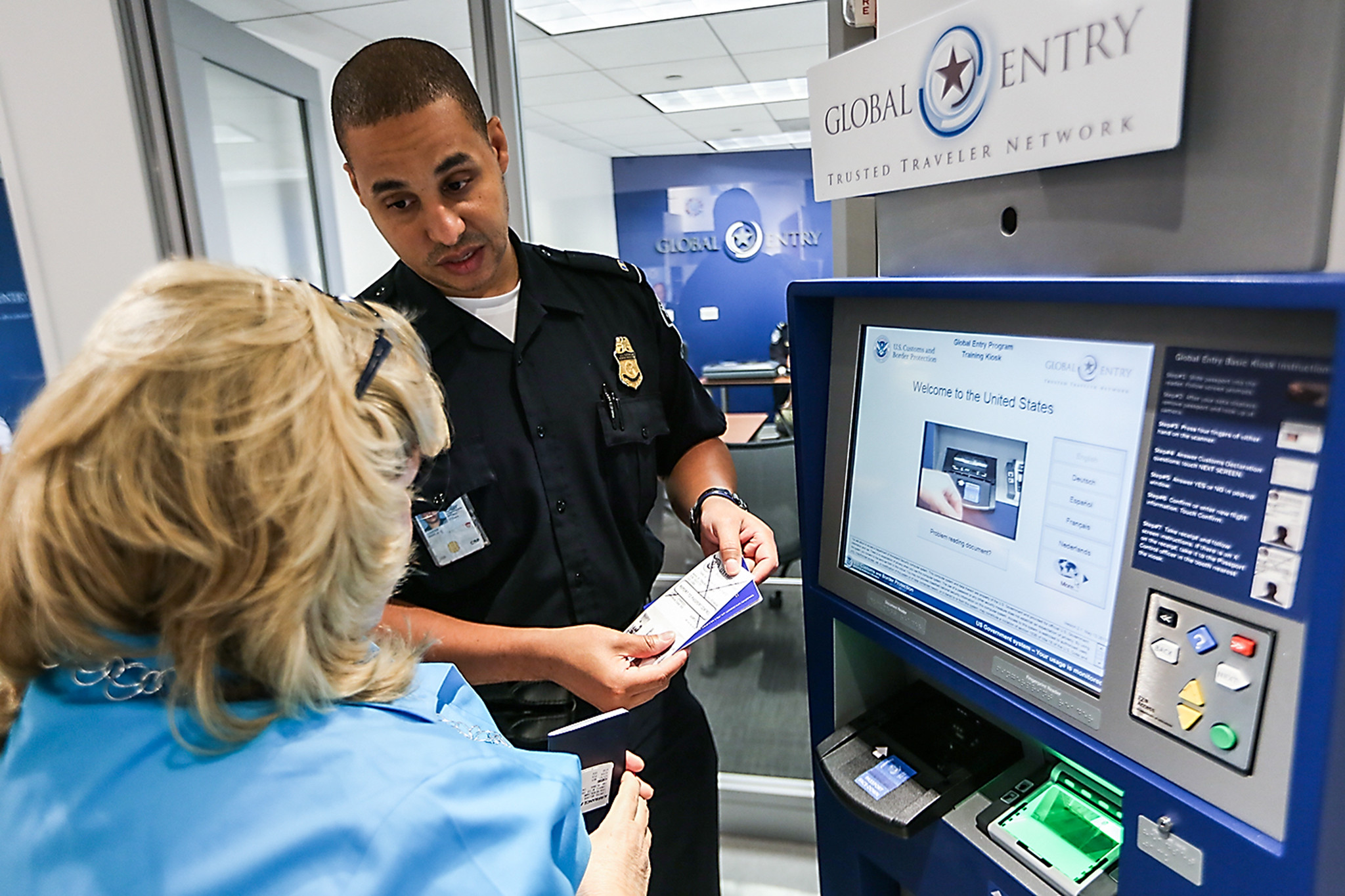
Photo: Courtesy of CBP.gov
Meanwhile, an advanced search involves connecting the device to external equipment that can be used to download, review, copy, or analyze its content. However, this can only be done with approval from a senior manager due to a “reasonable suspicion of a violation of law.”
“Any electronic device you own, including phones, laptops, and tablets, can be checked at the border,“ said Petra Molnar, a lawyer specializing in immigration and human rights. “Sometimes this means that customs officers will look at your device as is, but it can also involve trying to download its data.”
In 2024, the CBP reported conducting 42,725 basic searches compared to only 4,322 advanced searches, with most individuals subject to advanced searches not being U.S. citizens.
How to protect your data?
If you’re concerned about having your phone searched at the border when entering the U.S. or returning from holiday, then you could do a few things to ensure your most sensitive data is kept private.
The first and arguably most crucial piece of advice is to always comply with CBP agents and their demands, especially if you’re a foreign national. Failure to comply and hand over your device if asked to could lead to your detention and deportation.
According to the CBP website, “CBP may consider the foreign national’s noncompliance and the inability to inspect the device when making admissibility decisions and may take appropriate law enforcement actions.”
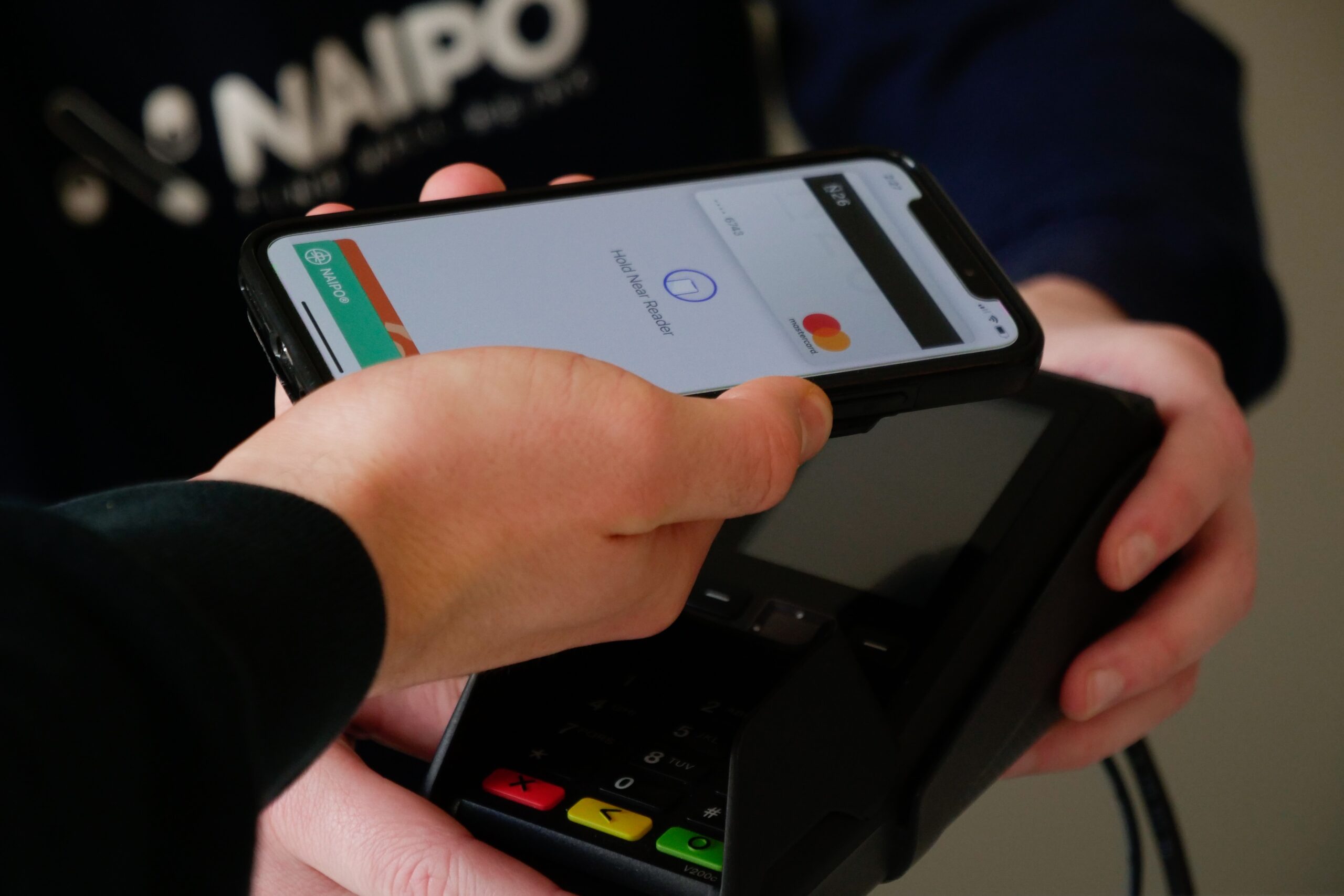
Photo: Virtual credit card. Courtesy of naipo.de / Unsplash
You may also be asked to provide the border agents with the password to your device, which you are not legally required to do. Again, however, you are advised to comply with their demands, although you may prefer to enter the password yourself, thus giving the officers a limited time frame to check your device.
If you have any sensitive information on your device—such as medical records or journalistic information—then you should tell the officer conducting the search, as the CBP has policies in place to protect the confidentiality of this type of material.
If you have data on your phone that you believe CBP agents may not approve of, it might be wise to remove this from your devices before traveling to the U.S. This could include uploading your photos and messages to the cloud before manually deleting them.
However, deleting everything off your device could potentially backfire, according to Sophia Cope, a senior staff attorney at the EFF. “People are damned if they do and damned if they don’t,“ she said. “If you cross the border with no data on your device, that itself can be seen as suspicious.”
But while increasing reports of people being refused entry to the U.S. may be concerning, it’s worth remembering that the vast majority of people traveling to the country do so without any issues.
“Look, on any given day, there are still hundreds of thousands of people entering the U.S. successfully,“ said Heubel. “The stories that you’re hearing in the news are really ones that have some kind of special component to them … But if you are a common sense sort of careful traveler, you should not have any issues getting into the U.S.”

